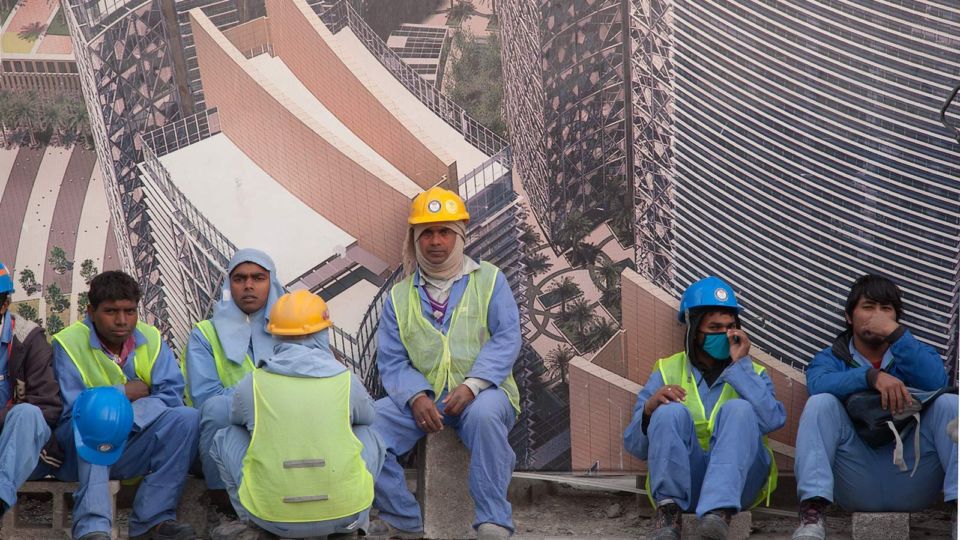Malaysia’s Human Resources Minister V. Sivakumar has assured that the entry of 500,000 foreign workers into the country will not affect local job opportunities.
He said that the labourers would come from 15 different countries in Asia and be employed in industries including plantations, agriculture, and construction – basically the jobs that would not interest local employees.
“We find it difficult to get local workers to work in these sectors. Our dependence on foreign workers in these sectors is very high, if we cannot provide a sufficient supply of workers, it will disrupt the optimal operation of the sectors and result in huge losses,” he said when met by reporters at the lantern-lighting ceremony in Pusing, yesterday.
The Covid-19 outbreak has caused over 700,000 foreign employees to return to their home countries, according to the Batu Gajah Member of Parliament, therefore the labour crisis needs to be resolved right away in order to prevent any negative effects on the economy.
According to him, the employment of foreign workers now only takes three days thanks to an agreement between the Ministry of Home Affairs and the Ministry of Human Resources.
“Many businesses will shut down if they don’t have enough workers so before the situation gets worse, we supply manpower for the operations of the sectors that need it,” he said, adding that the government would take measures to reduce the effects of the global economic downturn.
Michael Kang, a member of the National Recovery Council, reportedly stated in October of last year that Malaysia required a total of 500,000 foreign workers to address the labour shortage faced by micro, small, and medium-sized businesses in order to support the nation’s recovery process after the Covid-19 pandemic.
The minister’s assurance is important as Malaysia has witnessed extreme hate towards both documented and undocumented migrants and refugees, especially during the early days of Covid-19.
This group of people are a constant target of hate speech and sometimes, violence.
ALSO CHECK OUT:




